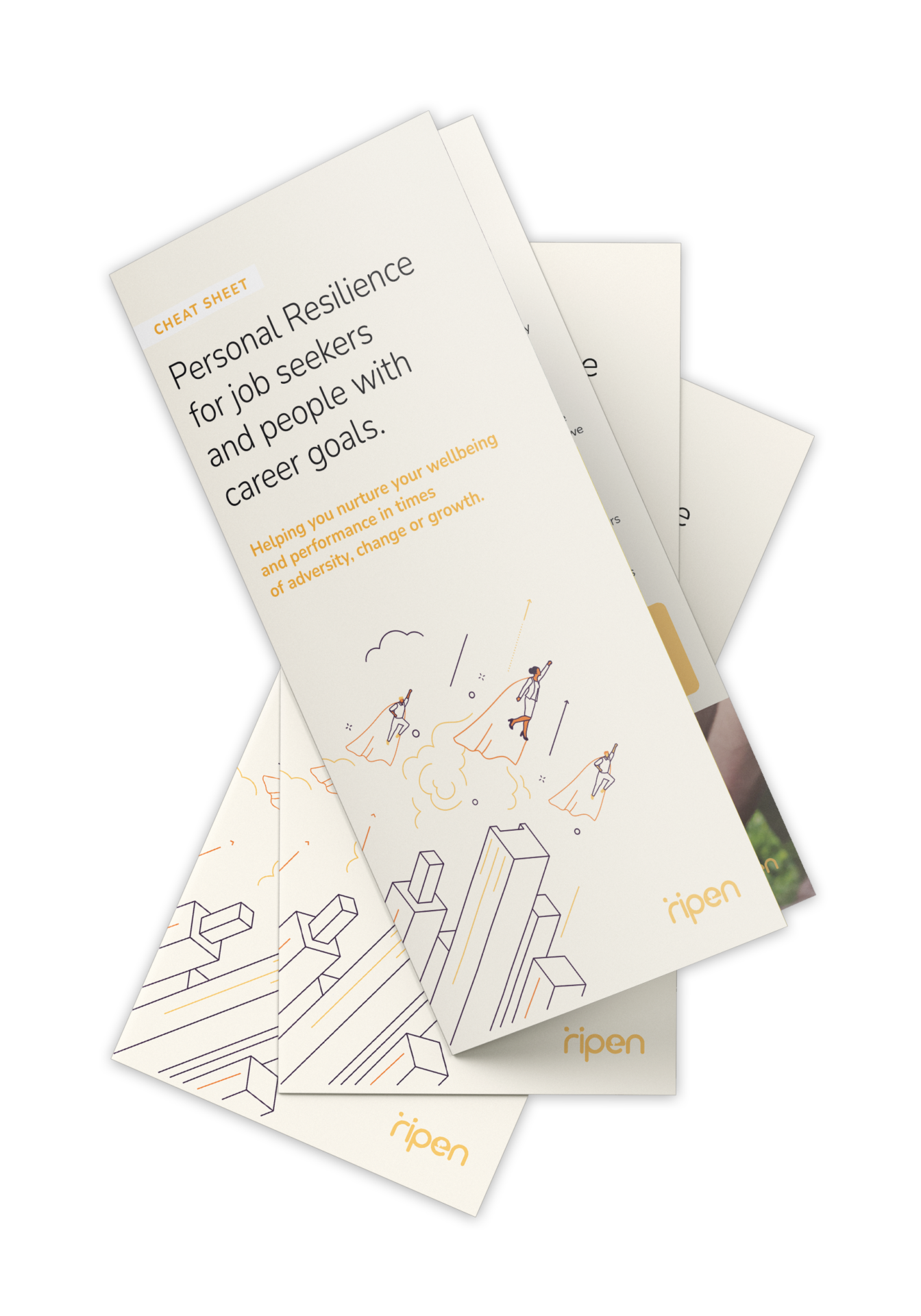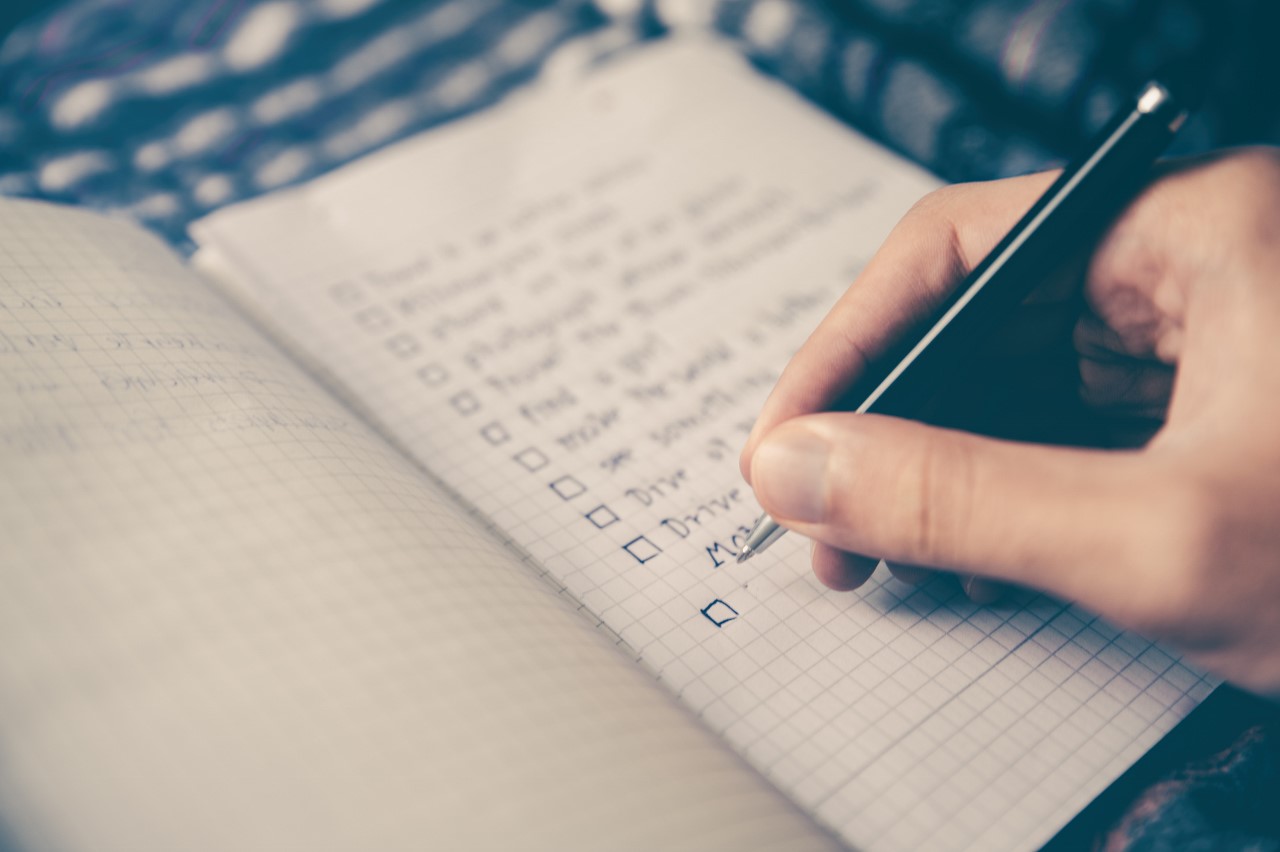The traditional view to achieving success is you define your goal and then you identify and tick off all the tasks required to achieve it. Tasks are the things you need to complete. But habits are the ongoing behaviours you implement on a daily basis that either help or hinder your progress… going to the gym each morning before work (good habit), skipping breakfast (bad habit), writing a to-do list when you arrive at work (good habit), scrolling through Instagram at every spare moment (bad habit). According to behavioural psychologists like BJ Fogg and the author of Atomic habits, James Clear, our lives are structured around habits. Many of them barely noticeable, but massively important in driving our outcomes.
In his book “The Power of Less” Leo Babauta describes how in 24 months he did all of the following:
• Quit smoking
• Lost 40 pounds
• Became a vegetarian
• Transformed from non-runner to marathon-runner
• Tripled his income
• Wrote a novel and a non-fiction book
• Eliminated his debt
How??? By changing ONE habit at a time, ONE month at a time. And you absolutely MUST FOCUS ON ONLY ONE HABIT at a time.
I’m sure you have witnessed (or experienced) this. Goals you’ve set yourself where you’ve attempted to massively change your lifestyle in a short period of time. It rarely works. All goals require discipline and follow through, like strict diets or exercise regimes, but if we try to change too many habits too fast then more often than not we end up crashing in a heap of frustration and going back to what we’ve always done. And getting the results we’ve always got. But it doesn’t have to be that way. The purpose of a well-crafted set of habits is to ensure that we reach our goals with incremental steps. In fact, once we develop a habit our brains actually change to make the behaviour easier to complete.
Changing your habits is actually not about willpower, it’s about focus. For example, you don’t need to ‘will’ yourself to take a shower or brush your teeth. Why? Because it’s now a firm habit. But these were once daily behaviours your parents likely had to force you to prioritise and focus on. If they hadn’t, your teeth and your personal hygiene probably wouldn’t be as good as they are today.
So what are the daily habits you’d like to work on building for yourself? Here’s how to identify suitable habits for yourself…

